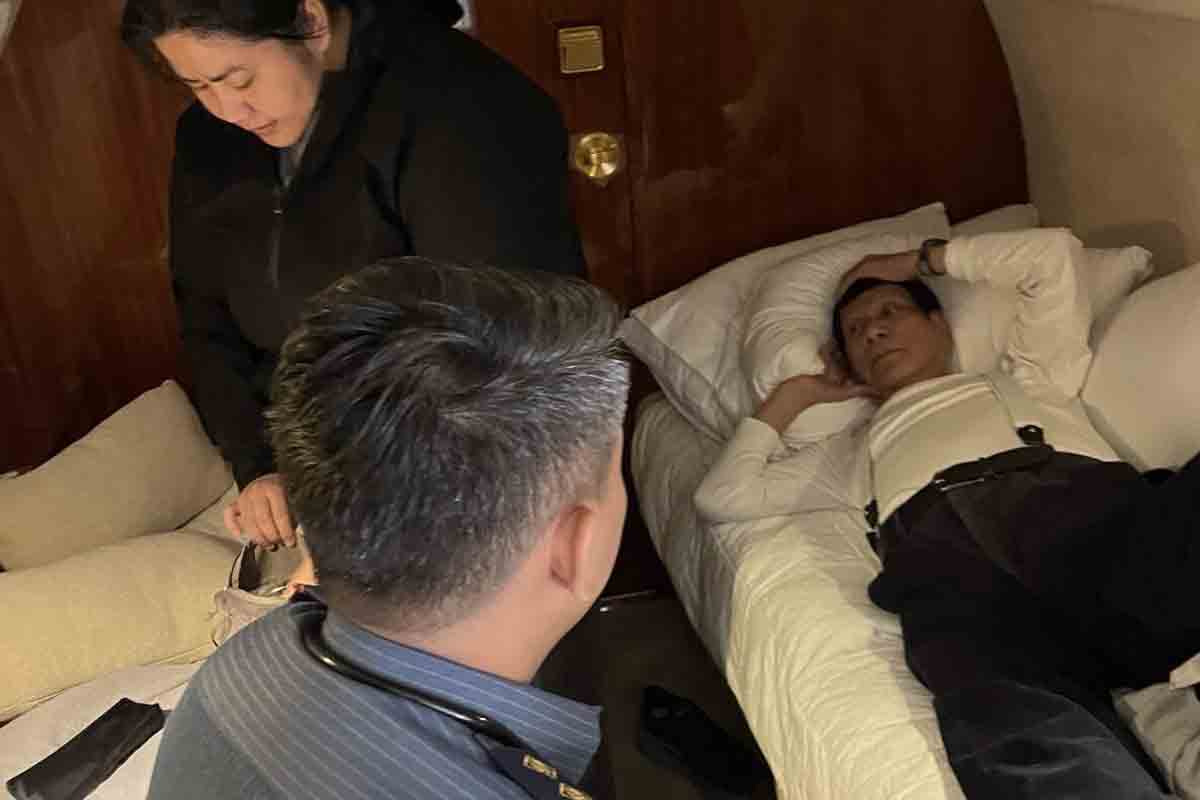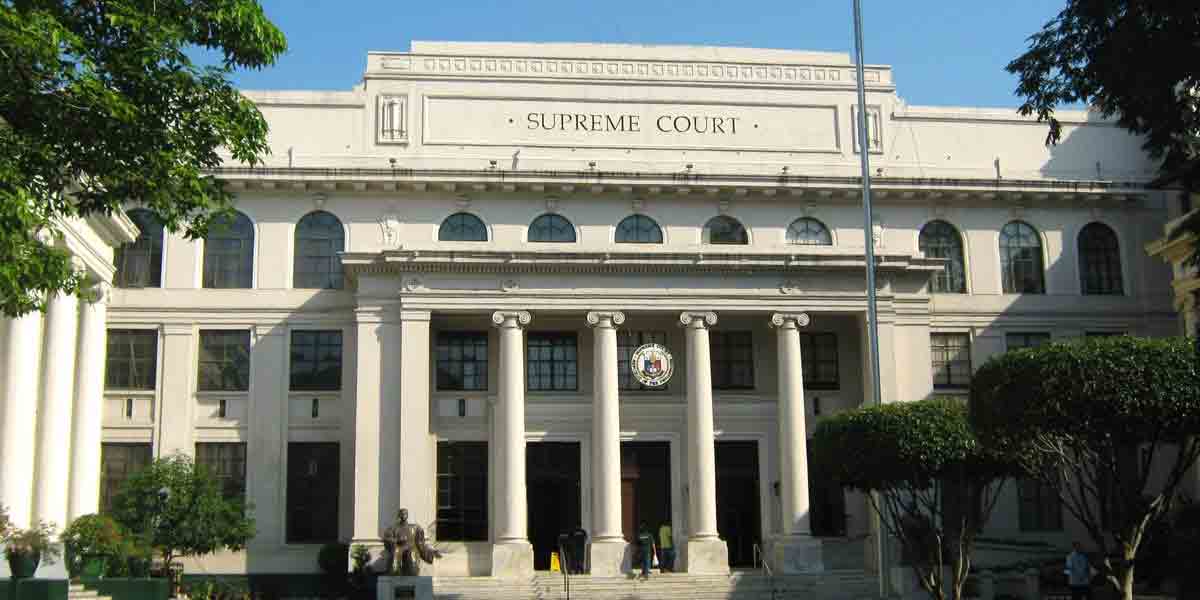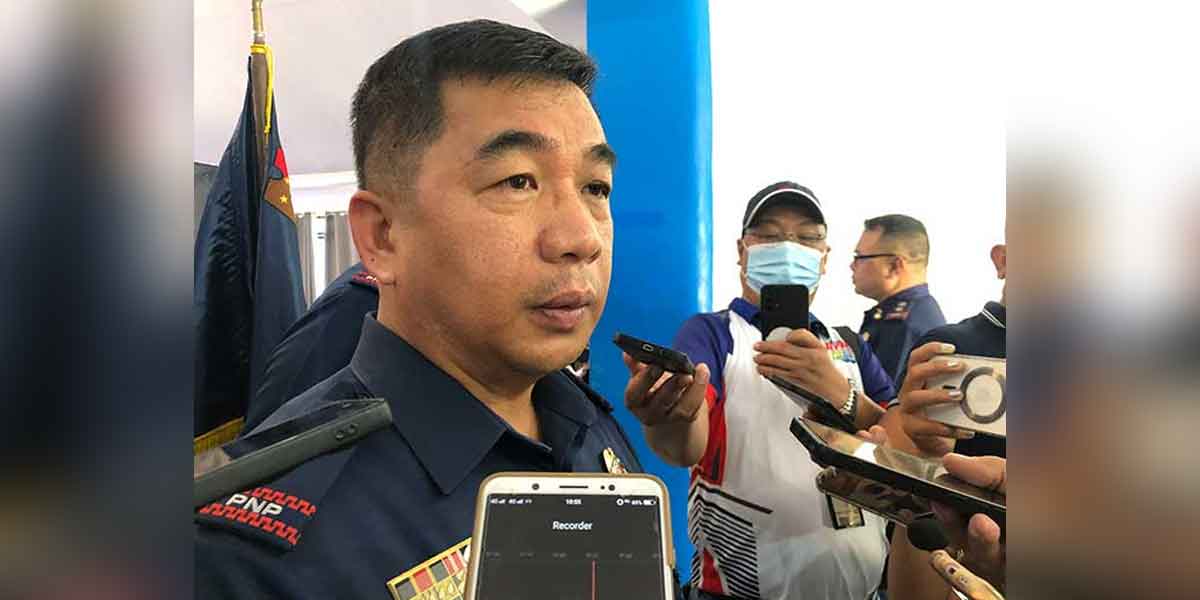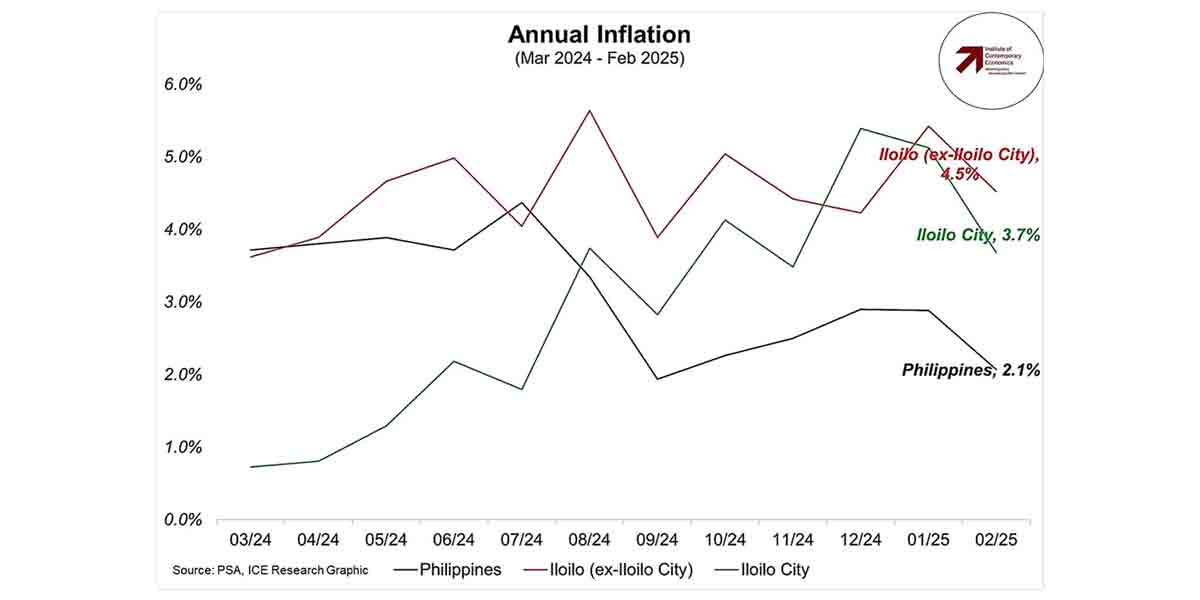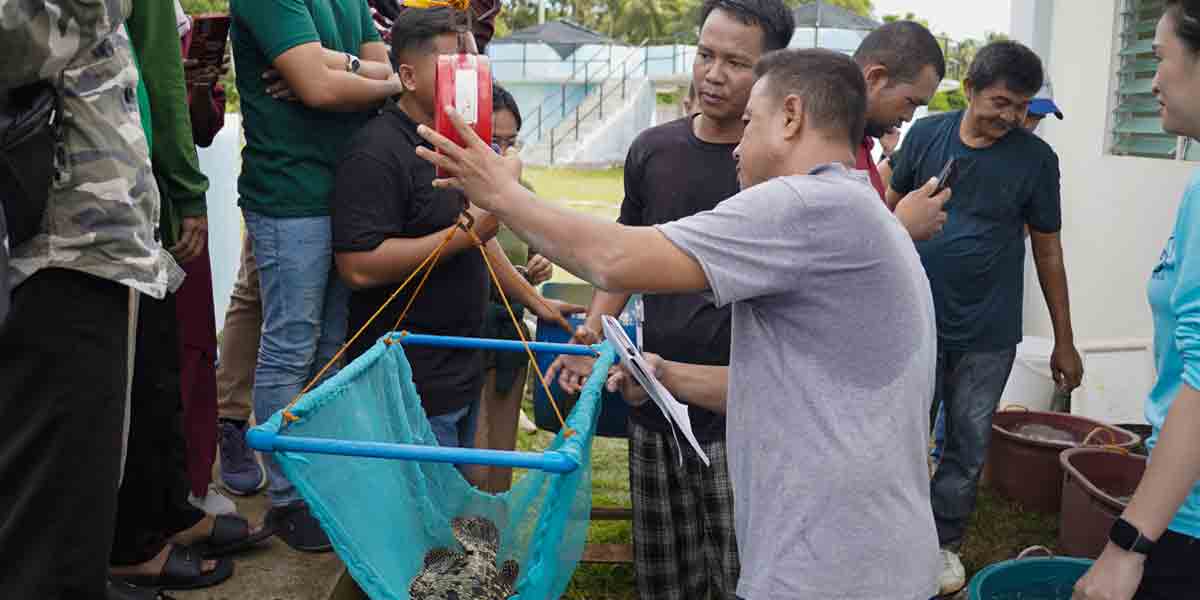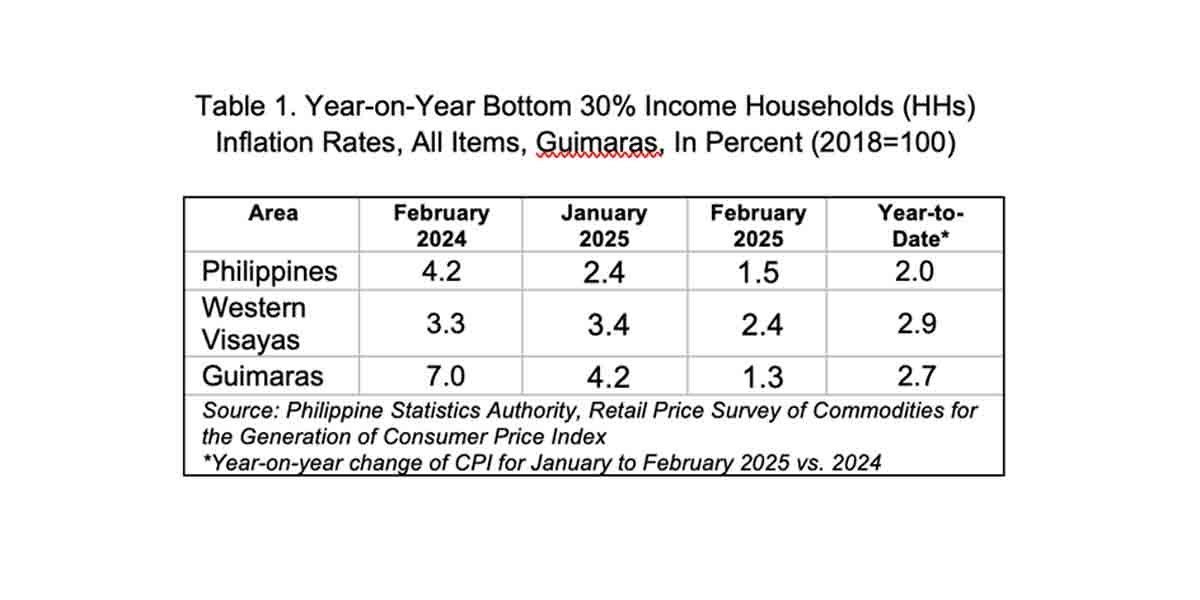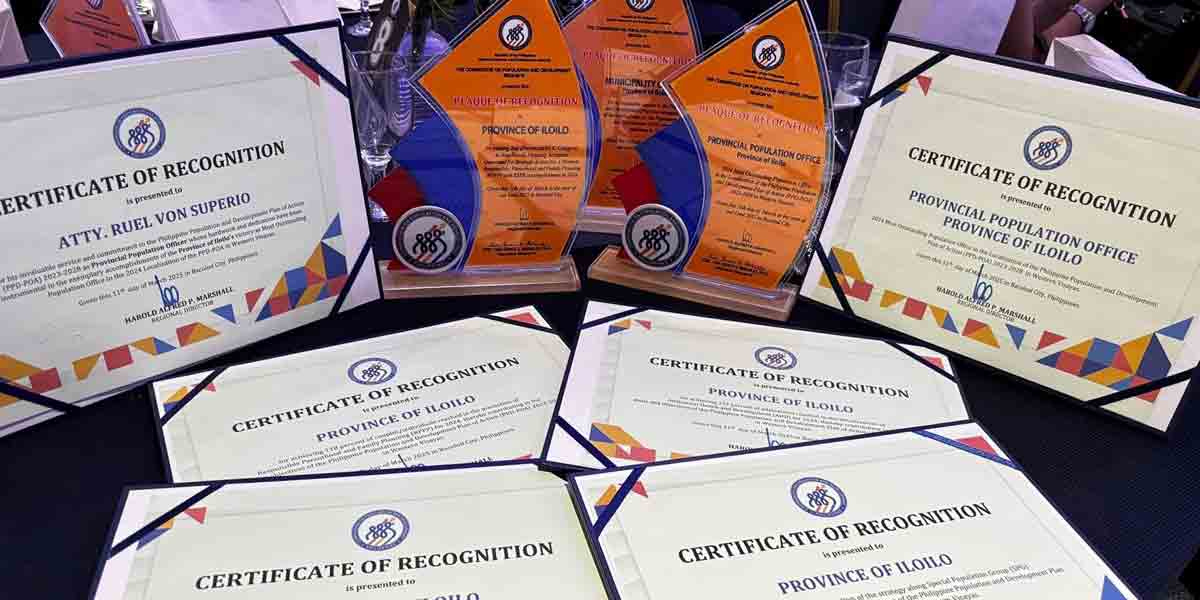By: Gerome Dalipe
SOME P17.26-million in account inventories of the three Iloilo district hospitals may have been “unreliable” due to lack of proper accounting policies and enough maintenance of subsidiary ledgers, state auditors discovered.
In its 2018 annual report, the Commission on Audit (COA) said that at least P14.97-million receivables and payable of the hospitals remain idle and unidentifiable due to inappropriate accounting policies and adequate maintenance of subsidiary ledgers.
“Strategies should be devised to show and confirm from various creditors the existence of the liabilities otherwise, write-off may be requested if there were no documents to substantiate the existence of the obligations,” read the COA report.
The three hospitals are the Dr. Ricardo S. Provido Memorial District Hospital, Sara District Hospital, and Aleosan District Hospital.
Paragraph 27 of Philippine Public Sector Accounting Standards provides that financial statements should present the financial position, financial performance, and cash flows of an entity.
Fair presentation requires the faithful representation of the effects of transactions, other events and conditions in accordance with the definitions and recognition criteria for assets, liabilities, revenue and expenses set out in the above provision.
Likewise, Sec. 4(e) of the Government Accounting Manual (GAM) for National Government Agencies (NGAs) for local government units enumerates the books of accounts and records they should keep.
These include subsidiary ledgers for receivables, inventories and liabilities. The total of these ledgers should be reconciled to their respective control account at the end of every month.
But a review of the three Capitol-run hospitals showed the subsidiary ledgers of receivables and other payables accounts did not have schedules or breakdowns totalling P14,978,346.
This limited the verification and confirmation of its validity and existence, the auditors said.
Likewise, the hospitals’ inventory accounts totaling P17,268,452 did not have subsidiary ledgers.
Thus reconciliation of balances with the supplies records could not be ascertained, the auditors said.
During the exit conference, the three hospital accountants said the reconciled amounts exist prior to their assumption of office.
Thus, they just carried over the amount reflected in the previous financial statements. That’s because the documents supporting of these balances were neither turned over to them nor available in the accounting office.
In the report, the auditors said the hospital accountants should have exerted efforts to show the composition of the reconciled balances.
The hospital accountants did not conduct periodic physical count of inventory balances and solely relied on the inventory reports submitted by the storekeeper and pharmacy staff.
Therefore, the correctness and existence of the inventories were not verified, casting doubts on the reliability of the balances, the auditors said.
“The accountant acknowledged the wrong practice but justified that they only recorded transactions based on the documentation forwarded to them justify the accountants that appeared unreasonable,” read the COA report.
In the report, the auditors also urged the governor to need the hospital accountant to exhaust all options to verify the validity and existence of reconciled balances.
The accountant is also asked to check the existing practice in the receipt and to formulate controls and apply proper accounting policies state as true inventory.

